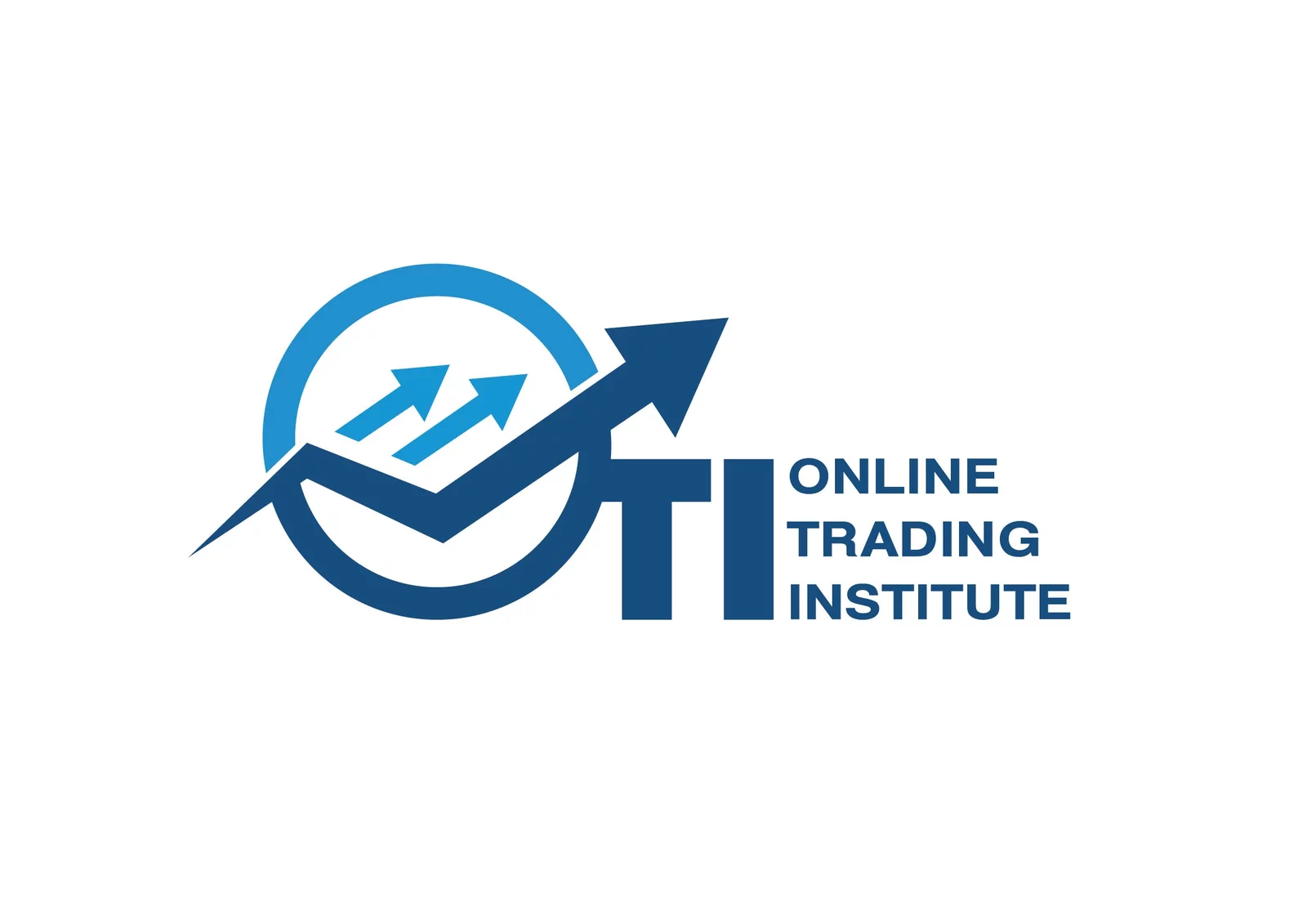IndiGo Share Price: The stock price plunged on Tuesday as Rakesh Gangwal’s ₹11,928 Cr Exit Sends Shockwaves Through D-Street.

In a move that sent tremors through Dalal Street, Rakesh Gangwal, co-founder of IndiGo, executed a massive block deal, selling a 5.8% stake worth ₹11,928 crore. The IndiGo block deal news comes amid Gangwal’s well-publicised plan to gradually exit the aviation giant, InterGlobe Aviation. With top global investment banks managing the transaction, and shares reacting swiftly with a 3% dip, this development signals significant shifts in shareholder dynamics at India’s largest budget airline.
Why Did Gangwal Sell? A Strategic Exit Years in the Making
Gangwal’s exit wasn’t a sudden decision. The plan to pare down his holding began back in 2022, when he resigned from IndiGo’s board citing governance issues. What followed was a series of systematic stake sales:
February 2023, March 2024, August 2024: Reduced holding from 37% to 13.5%
May 2025: Offloaded 2.26 crore shares worth ₹11,928 crore
His latest sale was executed at a floor price of ₹5,260 per share, nearly 3% below the last closing price. Despite the discount, the deal saw strong interest from institutional buyers and family offices. Interestingly, the transaction came with a 150-day lock-up clause, preventing the seller and related parties from dumping more shares—except in a negotiated deal worth over $300 million.
Also Read: ITC Dividend 2025 Update: Massive ₹7.85 Dividend Declared, Record Date Revealed!
Market Reaction: IndiGo Share Price Dips but Long-Term Trend Stays Intact

Today, at 10:20 AM, IndiGo shares were trading at ₹5,297—down 2.2%, but still up nearly 20% YTD. Over the last six months, the stock has soared 27%, despite this short-term correction. Investors appear divided—some see it as a minor hiccup, others as a signal to reassess.
What reassures the market, however, is IndiGo’s strong fundamentals:
Q4 FY25 Net Profit: ₹3,067.5 crore (vs ₹1,894.8 crore YoY)
Revenue: ₹22,151.9 crore, up 24% YoY
EBITDAR Margin: Jumped to 31.4% from 24.8%
The airline’s consistent profitability and high market share make it a favourite in the aviation sector. This context has helped cushion the impact of Gangwal’s exit on the stock.
The Bigger Picture: What This Deal Means for IndiGo’s Future
This block deal is more than just a large sale—it’s part of a broader ownership transition. With Gangwal reducing his role and stake, IndiGo may see changes in boardroom dynamics, investor expectations, and possibly even strategic direction.
For traders, the short-term volatility offers potential entry points. For long-term investors, IndiGo still represents a growth story driven by:
Rising domestic travel demand
Cost leadership as a low-cost carrier
Improving operational metrics
However, it’s also a reminder of the importance of promoter sentiment. Gangwal’s past disputes with Rahul Bhatia had once shaken investor confidence. Now, with a more institutionalised shareholding pattern likely emerging, the stock could see more stable governance going forward.
IndiGo Share Price: Final Thoughts
While a ₹11,928 crore offload sounds alarming, it’s essential to view this deal in context. The price correction was within expectations, and the lock-up clause prevents further pressure—at least for the next 150 days.
For retail investors, this may be a good time to watch the stock closely but not panic. Gangwal’s exit is part of a planned strategy, not a reaction to any business weakness. In fact, IndiGo remains one of the few consistently profitable airlines in a notoriously turbulent industry.
As always, those investing in the aviation sector should keep an eye on fuel prices, rupee movements, and global travel trends. But as of now, IndiGo continues to fly high, even if a co-founder just deboarded.
Disclaimer: The views and investment insights provided here are based on publicly available information and do not constitute financial advice. Readers are advised to conduct their own research or consult certified financial experts before making investment decisions.
